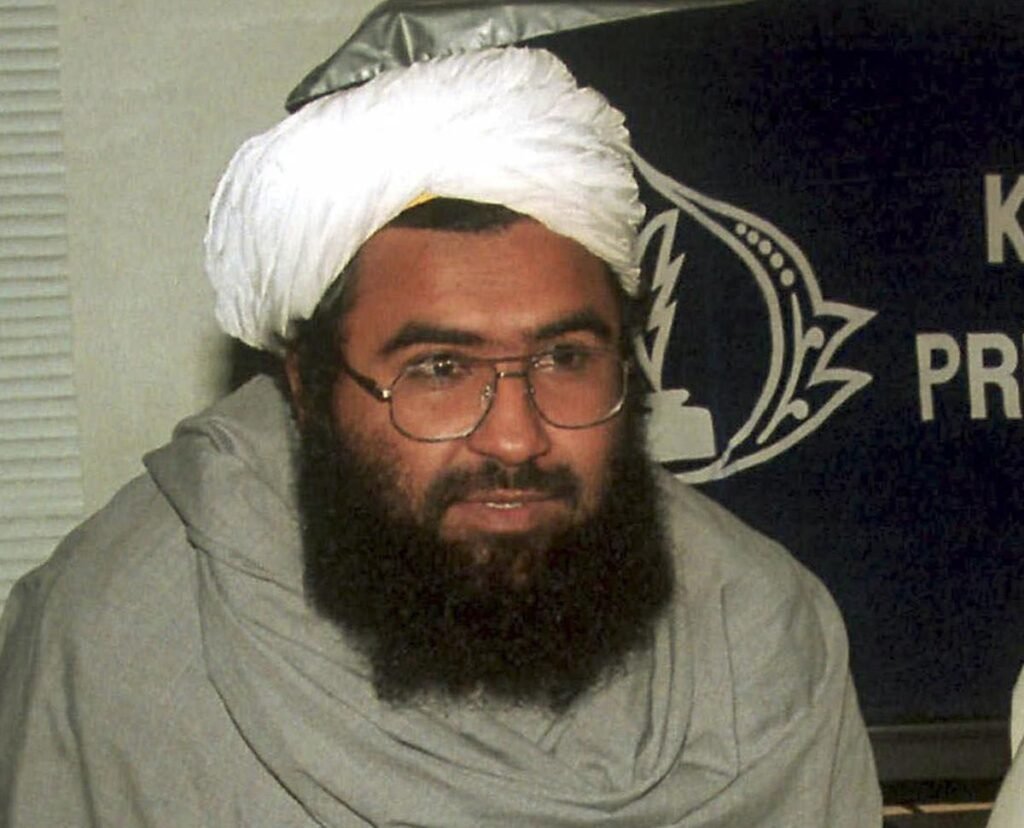In a dramatic development, a senior commander of the banned militant group Jaish-e-Mohammed (JeM) has alleged that the family of Masood Azhar, the group’s founder and a globally designated terrorist, has been “torn into pieces” as a result of India’s recent military operation in Pakistan, codenamed Operation Sindoor.
The commander, whose identity remains undisclosed due to security concerns, claimed that Operation Sindoor struck deep into Pakistan’s terrorist infrastructure, targeting safe houses, communication hubs, and key figures linked to JeM’s leadership. He asserted that Masood Azhar’s relatives and close associates were among the casualties, leading to what he described as “irreparable damage to the organization’s core family network.”
Operation Sindoor: A Surgical Blow
According to Indian defense sources, Operation Sindoor was meticulously planned and executed with a focus on dismantling terror networks operating across the border. The operation reportedly involved targeted air and ground strikes on training camps, logistics centers, and known hideouts in Pakistan’s border regions.
While official confirmation on specific casualties has not been released by New Delhi, intelligence agencies are believed to have intercepted communications that corroborate the JeM commander’s claims of extensive damage to Azhar’s family.
A Setback for Jaish-e-Mohammed
Masood Azhar has long been a central figure in orchestrating terror attacks in India, including the 2001 Indian Parliament attack and the 2019 Pulwama bombing. His death or incapacitation has been a long-standing objective for Indian security forces.
The alleged targeting of his family is seen as both a strategic and psychological blow. Analysts believe it could severely disrupt the group’s operational continuity, recruitment pipeline, and financial networks that depend on family-based patronage and protection.
Pakistan’s Denial, Global Concern
Pakistan has neither confirmed nor denied the reports, while its military spokesperson described them as “baseless propaganda.” However, sources in Islamabad have privately acknowledged “disturbances” within extremist networks following cross-border strikes.
The international community is closely monitoring the fallout. There are growing concerns that such aggressive actions could further strain India-Pakistan relations and escalate tensions along the volatile border.
India’s Resolve to Eradicate Terrorism
For India, Operation Sindoor is being framed as a necessary step to ensure national security and curb cross-border terrorism. Officials have reiterated that India’s actions are strictly defensive and targeted at dismantling terror networks that threaten regional stability.
Security analysts view the operation as a demonstration of India’s evolving doctrine of preemptive and precision-based military strikes, aimed at neutralizing threats at their source without triggering a full-scale war.
What Lies Ahead
The JeM commander’s claims about the “tearing apart” of Masood Azhar’s family underscore the broader impact of Operation Sindoor on extremist networks operating in Pakistan. As India intensifies its crackdown on terror infrastructure, experts warn that splinter groups may attempt to regroup or retaliate, posing fresh challenges to peace and security in South Asia.
For now, the operation stands as a bold statement of intent — a message that India will not hesitate to take decisive action against those who orchestrate violence against its people.





